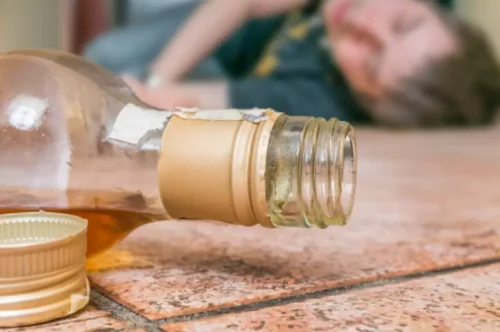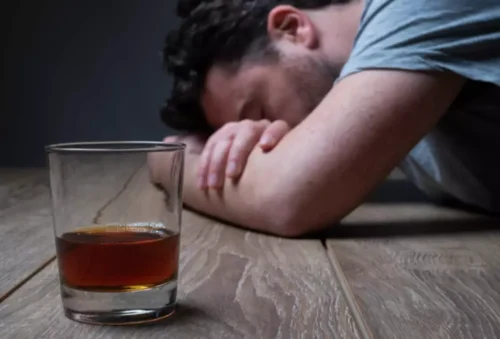
Imagine, a doctor provides the medical care, a mental health provider offers cognitive behavioral therapy, and the sober living community provides a safe space for people to avoid exposure to active drug addiction, drug abuse, and people using psychoactive drugs. This program operates a licensed, clinically supervised recovery residence (referred to by the program as “structured sober living”) in a separate area of the building. The residence, provided as an option only to those enrolled in day treatment or IOP onsite, accommodates up to 13 men and up to 11 women in a gender-specific living environment and is designed for adults who need a structured living environment while participating in outpatient care. Staff discuss the recovery housing option with all clients as part of the intake process and individuals may enter or exit recovery housing at any point during the course of their care at the site.
A Comprehensive Guide to the 12 Steps of AA: How Does this Program Work?
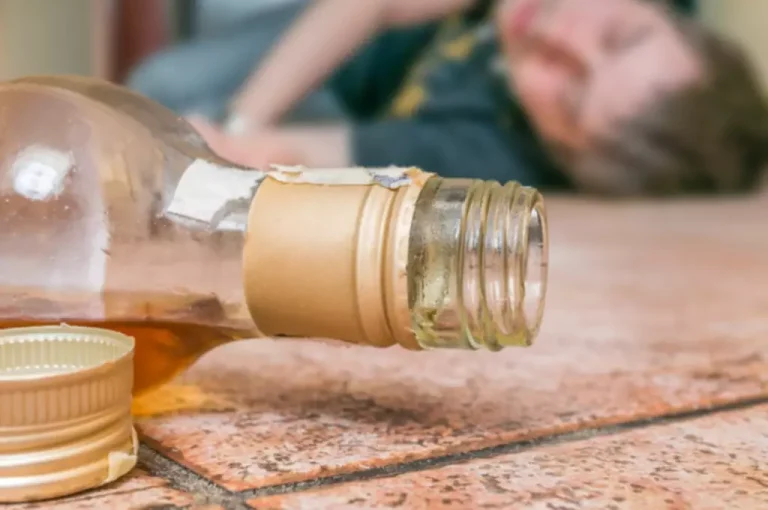
We cannot guarantee payment or verification eligibility as conveyed by your health insurance provider will be accurate and complete. Payment of benefits are subject to all terms, conditions, limitations, and exclusions of the member’s contract at time of service. Your health insurance company will only pay for services that it determines to be “reasonable and necessary.” The treatment center will make every effort to have all services preauthorized by your health drug addiction insurance company. If your health insurance company determines that a particular service is not reasonable and necessary, or that a particular service is not covered under your plan, your insurer will deny payment for that service and it will become your responsibility.
- Staying in a rehab program for longer allows those in recovery to build deeper bonds and stronger support networks as they share their experiences and receive useful advice for maintaining sobriety.
- Our primary purpose is to foster long-term sobriety through the cultivation of accountability, camaraderie, & character development.
- Medicaid coverage varies by state, so while some states may offer support for sober housing, it’s not guaranteed.
- When you’re trying to decide between sober living and rehabilitation, your first step should be to learn as much as you can about each option.
2.1. Administrative data
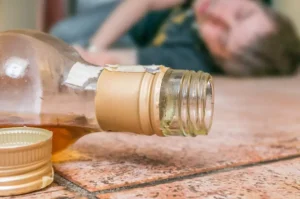
Unlike the clinical setting of rehab, these homes offer a drug-free space where residents can continue their recovery journey while enjoying a more normal life. In a sober living home, you can go to work or school & manage daily responsibilities, all within a supportive, sober community. Choosing an addiction treatment center that offers a continuum of care that includes rehab programs, such as PHP and IOP, along with sober living, will provide the smoothest transition for you as you work toward freedom from https://ecosoberhouse.com/ addiction. Sober living facilities provide a safe and supportive environment for people in early recovery. These individuals have either completed inpatient or partial hospitalization programs. While still receiving support from outpatient therapies, they are beginning to transition back into fully independent living.
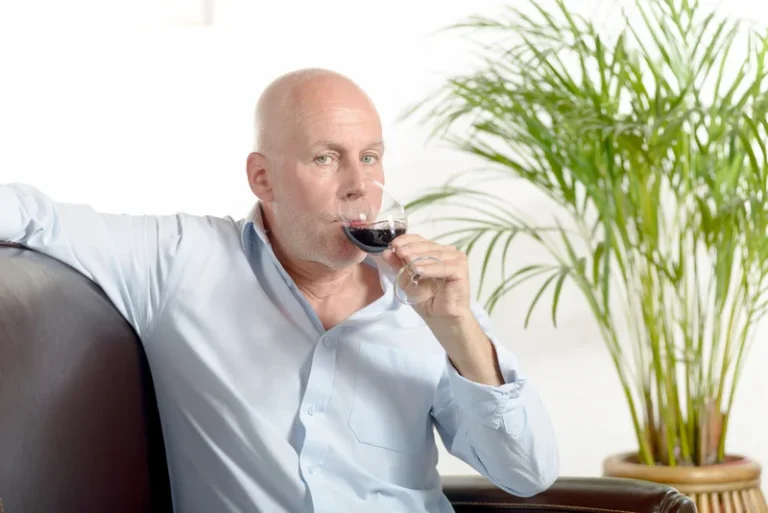
Addiction Treatment Programs
As you will see below, sober living homes rules are more lenient than drug rehab rules. Rehabilitation, often referred to as “rehab,” is a comprehensive treatment program designed to address the physical, psychological, and social aspects of addiction. These programs typically involve a combination of medical, therapeutic, and counseling services to help individuals overcome their substance use disorder and develop sober living vs rehab the skills and strategies necessary for long-term recovery. In most rehab programs, working is not possible due to the intensive nature of treatment. However, sober living environments often encourage or require residents to work or attend school, supporting their reintegration into daily life.
Organizations That We Support
- All study types that were not RCTs or quasi-experiments were excluded, including case reports, case series, cross-sectional surveys, and other qualitative studies.
- Individuals in rehab participate in learning healthy lifestyle habits, as well as individual, group, and family therapy.
- The professional and experienced staff of Riviera Recovery in Los Angeles is standing by to receive your concerns and assist in finding your perfect placement in a treatment program, whether it be residential rehab or sober living.
- For residents who do not comply or make a solid commitment to participate in their program for recovery, there may be a reconsideration of terms.
- 12 step facilitation is the process of introducing the Rehab client to the experience of attending 12 step meetings, such as Alcoholics Anonymous.
- The primary objective of sober living is to facilitate a smooth transition from the structured environment of a treatment program to independent living, while providing a supportive network and resources to maintain sobriety.
Recovery housing programming includes topic-specific group sessions designed to assist residents in strengthening sober living skills, establishing new routines, practicing relapse prevention strategies, and focusing on transition planning to address potential barriers to healthy recovery. Residents receive weekly coaching and individual counseling beyond that delivered in the concurrent treatment program. Prior to November 2018, a sober coach provided this additional support; beginning in November 2018, a licensed addiction counselor filled this role. Addiction technicians are onsite evenings, overnight, and weekends and provide another source of support to residents. In addition to remaining abstinent from all mood-altering substances, residents must attend four or more Twelve Step meetings per week; have a Twelve Step sponsor; meet with a coach or counselor regularly; and work, go to school, or volunteer on a full-time basis.
Support Our Mission
Addiction Resource is not a healthcare provider, nor does it claim to offer sound medical advice to anyone. Addiction Resource does not favor or support any specific recovery center, nor do we claim to ensure the quality, validity, or effectiveness of any particular treatment center. No one should assume the information provided on Addiction Resource as authoritative and should always defer to the advice and care provided by a medical doctor. Similarly, Medicare covers substance use treatment but does not include sober living costs as essential services. Medicaid coverage varies by state, so while some states may offer support for sober housing, it’s not guaranteed. It’s important to check with your insurance provider to understand what specific coverage may be available for transitional living expenses.
